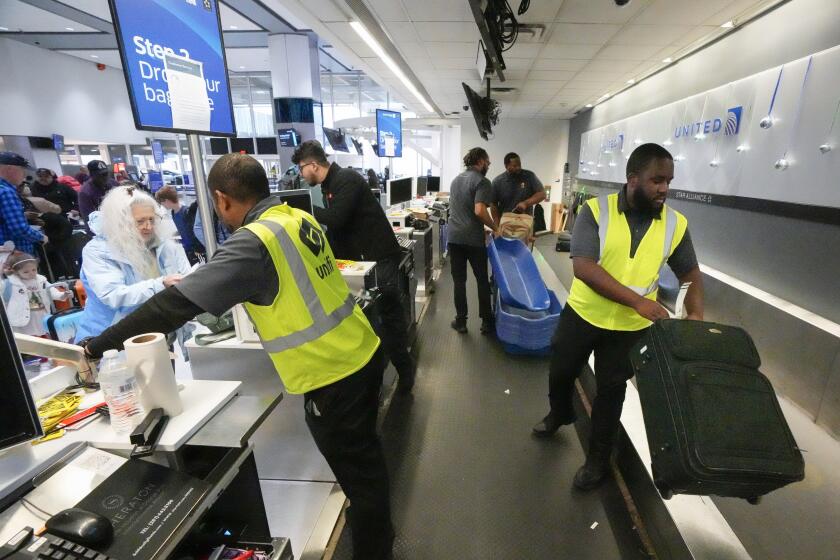Migrants start hunger strike ahead of change of government in Mexico
The situation of the Central American migrants stuck at the border with the United States in Tijuana, entered a new phase on Thursday with the beginning of a hunger strike while they await the start of a new government of Mexico on Saturday.
To further aggravate their situation, the largest shelter where most migrants are concentrated was flooded by heavy rains.
The overcrowding in the shelter installed in a sports center which houses more than 6,000 people has forced the authorities to analyze where and how to open a second shelter, especially after the floods suffered on Thursday.
The change of government has an impact on the structure of the National Institute of Migration (INM), the main body involved in the migrants’ stay, which in turn depends on the Interior Ministry, as does Mexico’s Commission for Refugee Assistance (Comar).
“We have talked with people from the incoming and outgoing governments. They have not arranged anything” said Irineo Mujica, a member of the Peoples Without Borders organization. “The government is just continuing to make promises and we continue to wait.”
The intermittent but intense rain caused the Central American migrants, who were inside the shelter, to begin to leave because the amount of water caused severe flooding.
The migrants pointed out that all their belongings got wet and that they could not stay inside so they were looking for a “place to dry”.
But authorities at all three levels of government, federal, state and municipal, are still debating where to relocate them.
The governor of Baja California, Francisco Vega, estimates that feeding the more than 6,000 migrants will cost about 16 million pesos per month (about $800,000), “which is difficult to address given the financial crisis that the state is going through.
According to Mexican authorities, some 9,000 Central Americans arrived in Mexico since Oct. 19 in different groups, of which more than 7,000 arrived in Mexicali and Tijuana, state of Baja California, to seek asylum in the United States and another 2,000 are located in other parts of the country.



